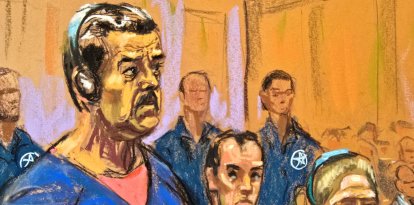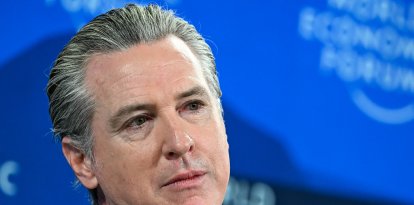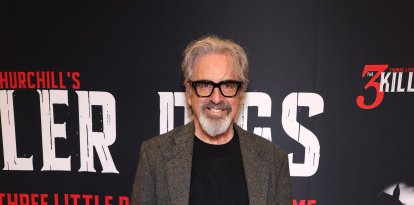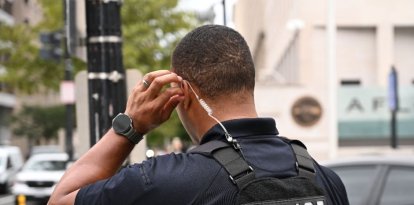WHO changes the term for monkeypox because the name is considered racist
"When the monkeypox outbreak spread, racist and stigmatizing language was reported to WHO (...) After a series of consultations with world experts, WHO will begin using a new preferred term "mpox."
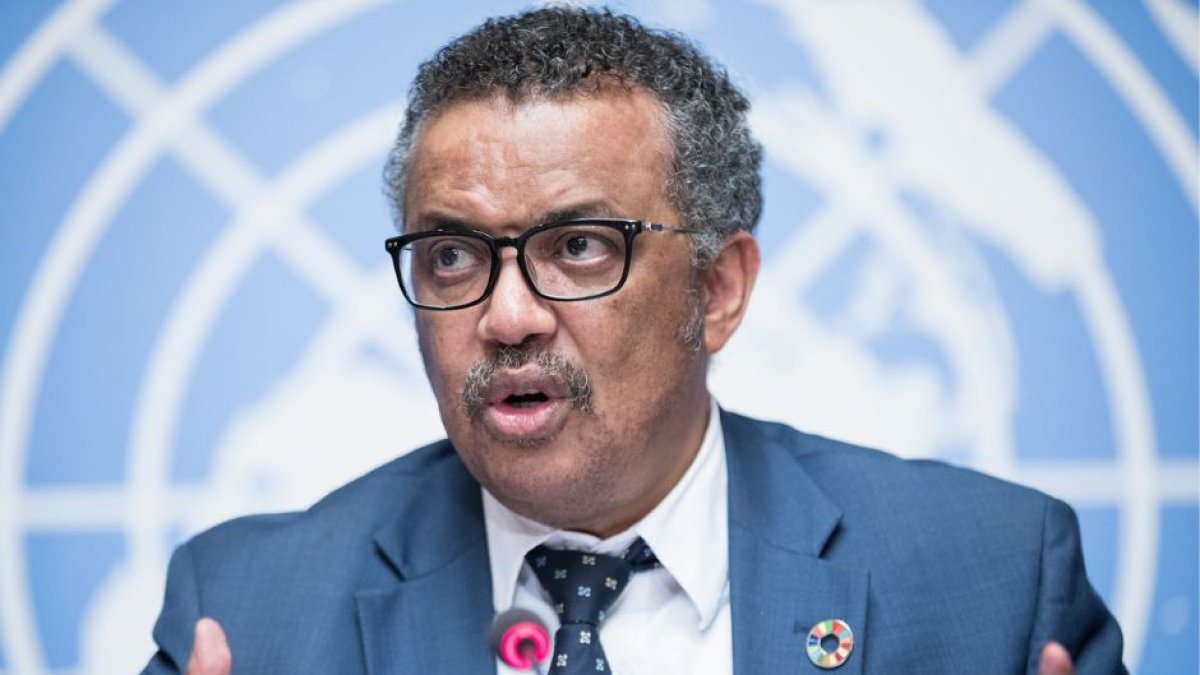
UN Geneva
The World Health Organization (WHO) decided to change the term monkeypox to refer to the disease because it was considered racist. Instead, it noted that "mpox" should be used when referring to the virus as a way to avoid discriminating against black people.
Following a series of consultations with global experts, WHO will begin using a new preferred term "mpox" as a synonym for monkeypox. Both names will be used simultaneously for one year while "monkeypox" is phased out (...) This serves to mitigate concerns raised by experts about confusion caused by a name change in the midst of a global outbreak.
WHO alleges that "when the monkeypox outbreak spread earlier this year, racist and stigmatizing language was observed and reported to WHO online in some communities. In several meetings, public and private, several people and countries expressed their concern and asked WHO to propose a way to change the name."
"Monkeypox" because it comes from a monkey
The disease is called monkeypox because the virus was first identified in monkeys used for scientific research in Denmark in 1958. It was first detected in humans in the Democratic Republic of Congo in 1970. The main focus of infection and transmission are Central and West Africa. It infects humans through animal bites or scratches from monkeys or rodents.
Assigning names to new and existing diseases is one of the WHO's many tasks. This was done through an extensive consultation process that began in August. The organization urged people to come up with new names for the disease by submitting suggestions on its website.
The WHO said that while making the decision it considered the "scientific adequacy, its use in different languages, the absence of geographical or zoological references and the retrieval of historical scientific information" and that the consultation process included experts from medical advisory committees "which were made up of representatives of government authorities from 45 different countries."
The name has "devastating effects"
New York City Health Commissioner Ashwin Vasan was one of the first officials to speak out to change the name of the virus. He sent a letter to WHO urging to act quickly on a new name and argued that there was a "growing concern about the potentially devastating and stigmatizing effects that messages about monkeypox virus can have."
Likewise, the Africa Foreign Press Association had previously asked the Western media to to avoid using images of Africans when displaying images depicting monkeypox. Like any other disease, it can occur in any region of the world and affect any person, regardless of race or ethnicity." The group added that it was "disturbing" that the media used photographs of dark-skinned people to refer to the virus.












